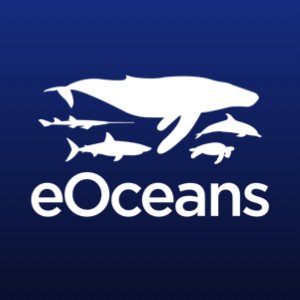
eOceans Launches ‘Auto-Track’: A Game Changer for Ocean Monitoring
April, 2021 – Halifax, Canada
eOceans launches “Auto-Track” into the mobile app: a game changer for ocean monitoring
Typically, ocean observations are recorded with pencil on paper and GPS unit – writing down latitude, longitude, date, time, 1 humpback whale, or 1 piece of garbage, or 1 fishing buoy, and so on. Then, someone tediously deciphers messy handwriting and enters these observations data into a digital spreadsheet before undergoing lengthy quality checking and processing. When gathering data across multiple users, it’s even more tedious, time consuming, and error prone.
Unless also collecting area covered, these observations typically provide presence-only data – when something was seen, not when something was not seen. This lack of ‘effort’ makes most investigations impossible.
Take COVID-19 for example. In 2020, there were relatively few whale sightings. Someone could mistakenly interpret the loss of sightings as a loss of animals, but the change in effort associated with the pandemic would not be accounted for. Auto-track captures this change in effort and observations per unit effort through space and time.
Effort is necessary for tracking many ocean patterns – climate change, extent of invasive species, the recovery of endangered species, and more.
Auto-track is a game-changer for ocean monitoring. Turn on eOceans and go – eOceans tracks your effort and location with activity so you can easily collect essential data parameters for science.
Auto-track can be used by scientists or citizen scientists doing prescribed sampling, like belt- transects, or all other explorers doing any activity.
It's your "activity tracker" and add observations of nature (e.g., whales, turtles, sharks, otters, seals), humans (e.g., sailing, fishing, surfing), or human traces (e.g., pollution, ghost gear) on the go.
Try it out and give eOceans feedback. How fast can you log a sighting? How can we make it faster? This will help with many essential projects, so “We’ve got to get it right!” said Dr. Ward-Paige, the founder and marine scientist at eOceans.
For media inquiries or further information about the paper, please contact:
Dr. Christine Ward-Paige, CEO
eOceans
www.eOceans.co
chris@eOceans.co
